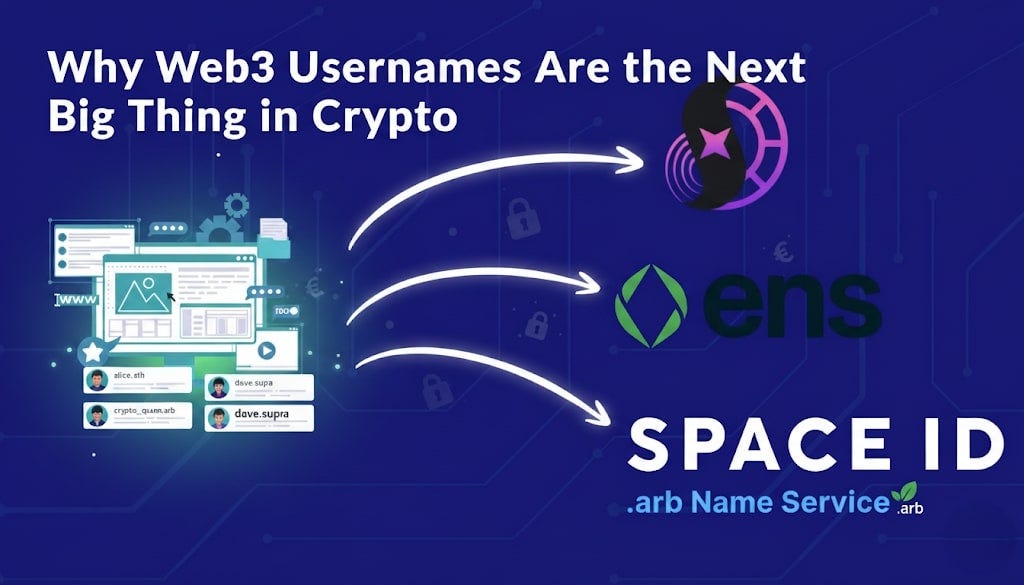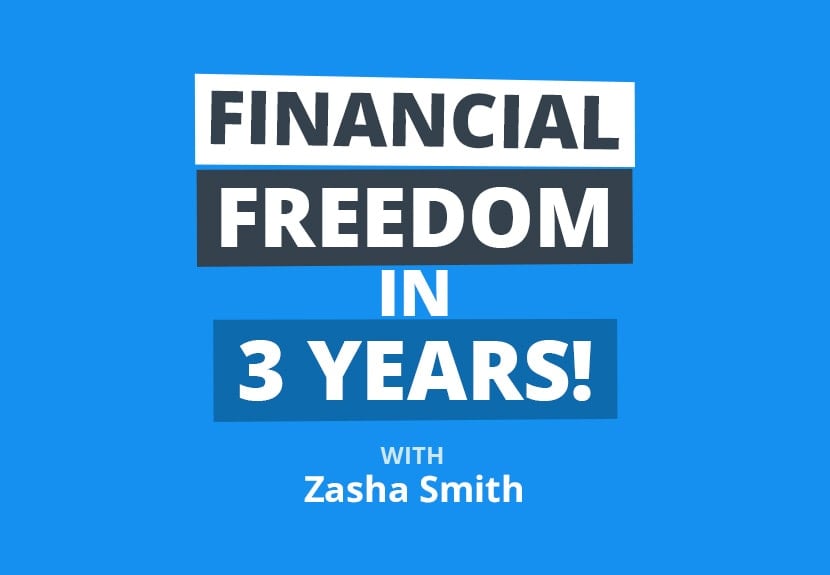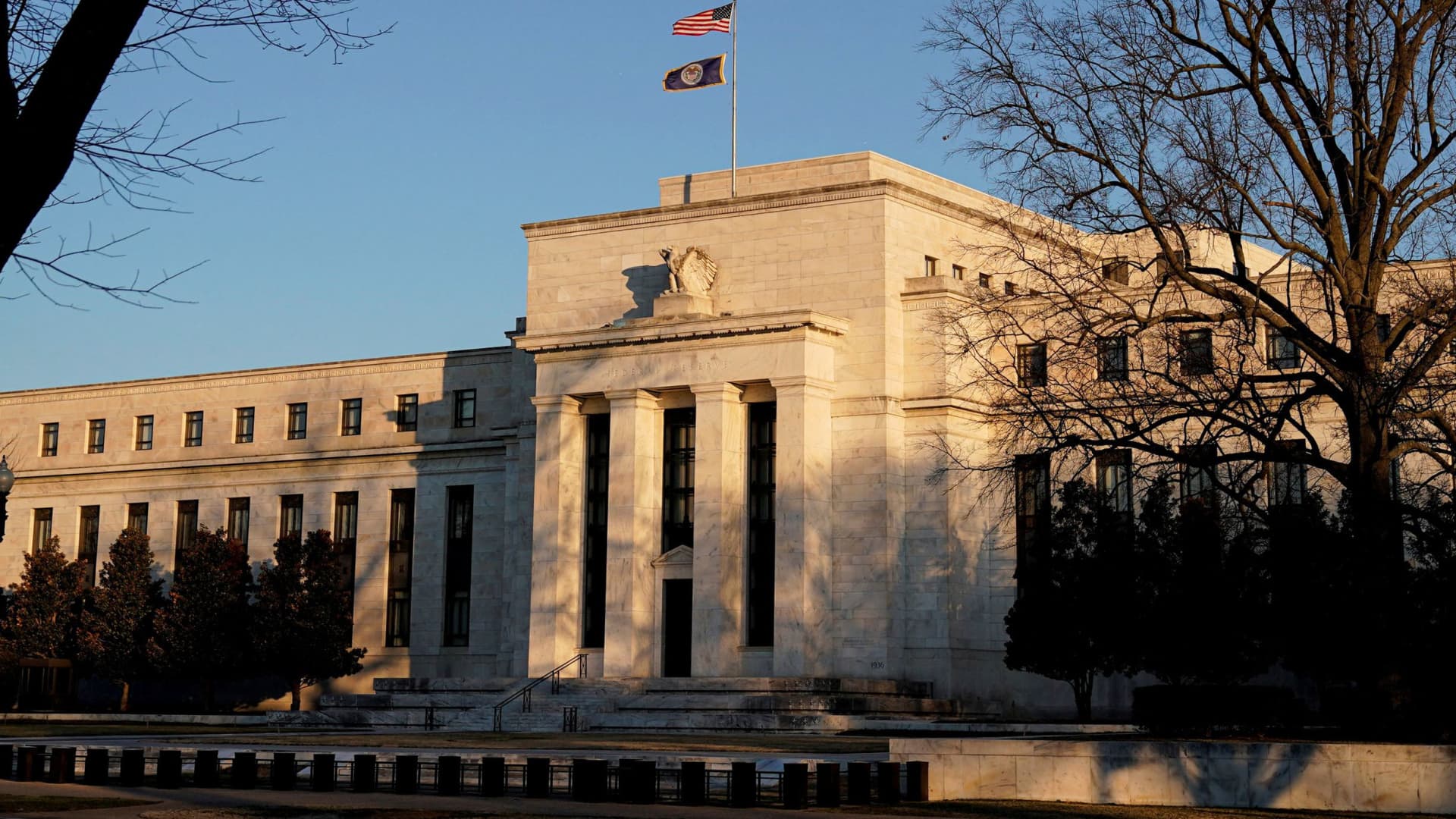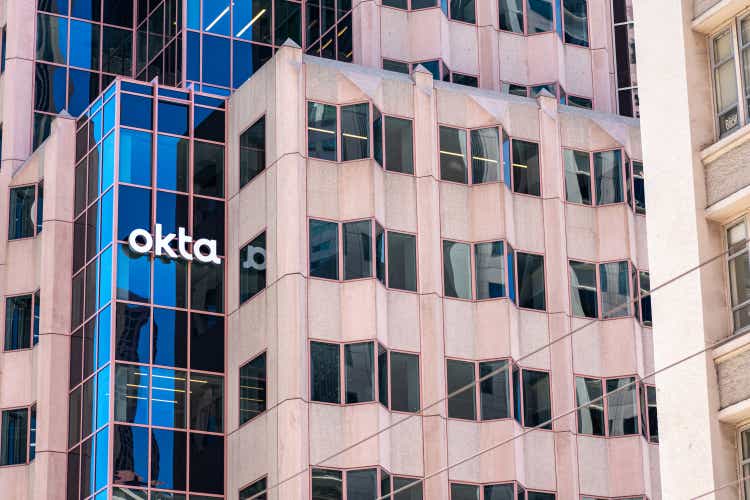The US Securities and Exchange Commission (SEC) and its Chair, Gary Gensler, have a reputation for being hostile towards cryptocurrencies, but up to now, NFTs have been a hazy area that some market participants were hoping might continue to be overlooked, rather than overseen.
The lack of clarity around NFTs is partly because a variety of different types of products are sold as NFTs, from artwork to virtual land, and so a blanket statement (that NFTs either are or are not securities) cannot reasonably be made.
It appears that each NFT project has to be taken on its own individual merits, and there has yet to be anything that can be interpreted as a precedent-setting or instructive case.
This brings us to reports that Yuga Labs is being investigated by the SEC. This is highly significant since Yuga is the creator of, among other products, Bored Ape Yacht Club (BAYC), which is the highest-profile NFT collection in existence.
Has Yuga Sold Securities?
First, it’s necessary to distinguish between Yuga’s main products. Most famously, there is its original BAYC NFTs, which are tokens linked to cartoonish ape illustrations, and then (among others) there are Otherdeeds, which are NFTs giving ownership of still-unfinished virtual land plots.
This virtual land will be within Yuga’s highly-anticipated Otherside project. Otherside is a metaverse and gaming world which is still in development (and will likely take a long time to complete), in collaboration with Improbable, a British company specializing in metaverse development, and Animoca Brands, a web3 venture capital firm.
The original BAYC NFTs look (although not to everyone’s taste) like artwork. There are arguments to be made that they have other utilities and should be treated accordingly, but when it comes to the SEC, it’s the Otherdeed land tokens that potentially look more like securities.
Whether or not something has the characteristics of a security can be assessed by running it through the Howey Test. The origins of this test lie in a 1946 case in which Howey Company sold plots of land in a citrus grove, which buyers then leased back to the company in expectation that Howey would cultivate the land and generate profit, which would be shared between the company and the land buyers.
This arrangement was ruled to be an investment contract, meaning securities had been sold. From this case, four questions emerge (creating the Howey Test) that can be used to assess whether or not an arrangement is actually an investment contract and, therefore, within the remit of the SEC:
- Is there an investment of money?
- Is the investment going into a common enterprise?
- Is there an expectation of profits?
- Will profits come from the efforts of the seller?
Does the Otherdeeds sale tick yes on those four questions? Arguably so, but it’s not all clear cut, and there is an extra consideration: we are dealing with a metaverse-related product, and metaverse development, which clearly didn’t exist as an enterprise when Howey was selling sections of a citrus grove, has its own distinctive characteristics.
An Emerging Industry
NFTs and metaverse development are emerging industries that don’t always fit cleanly into existing frameworks.
In the case of Otherdeeds, it can be demonstrated that, unlike with the buyers of Howey’s land in the 1940s, the promise made by the seller is not future income that is dependent on Yuga delivering a working product.
Those who make the case for metaverse development offer the concept of a persistent virtual realm that operates interlinked and in parallel with the real world, and that should be treated as a digital extension of the physical world.
In a true metaverse, virtual landholders own property in the same ways that we own property in the physical world, and are free to utilize it as they like.
By this reckoning, buying land in a metaverse is similar to buying land in the real world, and purchasing it before development has been completed is akin to buying real estate off-plan. Accordingly, if the metaverse industry had a traditional equivalent, it would be the real estate industry.
Buyers might hope or expect that their metaverse property will increase in value (just as physical homeowners do), but there must certainly also be buyers who plan to actually make personal use of their virtual grounds. After all, a metaverse or gaming environment would make little sense if users were not active in its digital spaces.
However, even that perspective may be superfluous in the case of Otherdeeds, since initial buyers had to agree to an NFT Purchase Agreement stating that they are “not purchasing any Otherdeed with the intent or expectation of profits from any appreciation in value or otherwise from the Otherdeed or any Access Rights that may from time to time be granted by Animoca or third parties.”
Whether any of these arguments and caveats will wash with the SEC is open to speculation, but, although the NFT space is heavily trade-oriented, Otherdeeds were not sold categorically as a profit vehicle, and appear intended to provide real utility to holders.
When it comes to official oversight, NFTs and metaverse construction are novel, unpredictable and are pushing the digital boundaries in ways that may, if they are to be scrutinized in a coherent manner, require entirely new regulatory frameworks.
The US Securities and Exchange Commission (SEC) and its Chair, Gary Gensler, have a reputation for being hostile towards cryptocurrencies, but up to now, NFTs have been a hazy area that some market participants were hoping might continue to be overlooked, rather than overseen.
The lack of clarity around NFTs is partly because a variety of different types of products are sold as NFTs, from artwork to virtual land, and so a blanket statement (that NFTs either are or are not securities) cannot reasonably be made.
It appears that each NFT project has to be taken on its own individual merits, and there has yet to be anything that can be interpreted as a precedent-setting or instructive case.
This brings us to reports that Yuga Labs is being investigated by the SEC. This is highly significant since Yuga is the creator of, among other products, Bored Ape Yacht Club (BAYC), which is the highest-profile NFT collection in existence.
Has Yuga Sold Securities?
First, it’s necessary to distinguish between Yuga’s main products. Most famously, there is its original BAYC NFTs, which are tokens linked to cartoonish ape illustrations, and then (among others) there are Otherdeeds, which are NFTs giving ownership of still-unfinished virtual land plots.
This virtual land will be within Yuga’s highly-anticipated Otherside project. Otherside is a metaverse and gaming world which is still in development (and will likely take a long time to complete), in collaboration with Improbable, a British company specializing in metaverse development, and Animoca Brands, a web3 venture capital firm.
The original BAYC NFTs look (although not to everyone’s taste) like artwork. There are arguments to be made that they have other utilities and should be treated accordingly, but when it comes to the SEC, it’s the Otherdeed land tokens that potentially look more like securities.
Whether or not something has the characteristics of a security can be assessed by running it through the Howey Test. The origins of this test lie in a 1946 case in which Howey Company sold plots of land in a citrus grove, which buyers then leased back to the company in expectation that Howey would cultivate the land and generate profit, which would be shared between the company and the land buyers.
This arrangement was ruled to be an investment contract, meaning securities had been sold. From this case, four questions emerge (creating the Howey Test) that can be used to assess whether or not an arrangement is actually an investment contract and, therefore, within the remit of the SEC:
- Is there an investment of money?
- Is the investment going into a common enterprise?
- Is there an expectation of profits?
- Will profits come from the efforts of the seller?
Does the Otherdeeds sale tick yes on those four questions? Arguably so, but it’s not all clear cut, and there is an extra consideration: we are dealing with a metaverse-related product, and metaverse development, which clearly didn’t exist as an enterprise when Howey was selling sections of a citrus grove, has its own distinctive characteristics.
An Emerging Industry
NFTs and metaverse development are emerging industries that don’t always fit cleanly into existing frameworks.
In the case of Otherdeeds, it can be demonstrated that, unlike with the buyers of Howey’s land in the 1940s, the promise made by the seller is not future income that is dependent on Yuga delivering a working product.
Those who make the case for metaverse development offer the concept of a persistent virtual realm that operates interlinked and in parallel with the real world, and that should be treated as a digital extension of the physical world.
In a true metaverse, virtual landholders own property in the same ways that we own property in the physical world, and are free to utilize it as they like.
By this reckoning, buying land in a metaverse is similar to buying land in the real world, and purchasing it before development has been completed is akin to buying real estate off-plan. Accordingly, if the metaverse industry had a traditional equivalent, it would be the real estate industry.
Buyers might hope or expect that their metaverse property will increase in value (just as physical homeowners do), but there must certainly also be buyers who plan to actually make personal use of their virtual grounds. After all, a metaverse or gaming environment would make little sense if users were not active in its digital spaces.
However, even that perspective may be superfluous in the case of Otherdeeds, since initial buyers had to agree to an NFT Purchase Agreement stating that they are “not purchasing any Otherdeed with the intent or expectation of profits from any appreciation in value or otherwise from the Otherdeed or any Access Rights that may from time to time be granted by Animoca or third parties.”
Whether any of these arguments and caveats will wash with the SEC is open to speculation, but, although the NFT space is heavily trade-oriented, Otherdeeds were not sold categorically as a profit vehicle, and appear intended to provide real utility to holders.
When it comes to official oversight, NFTs and metaverse construction are novel, unpredictable and are pushing the digital boundaries in ways that may, if they are to be scrutinized in a coherent manner, require entirely new regulatory frameworks.
















